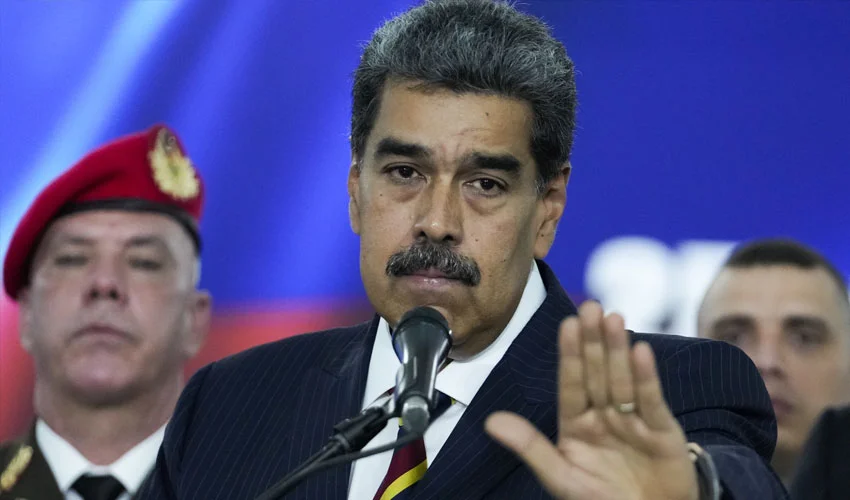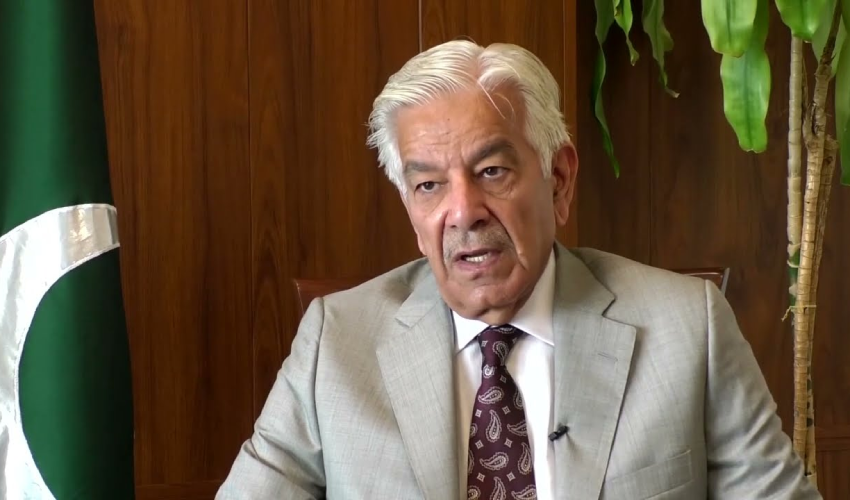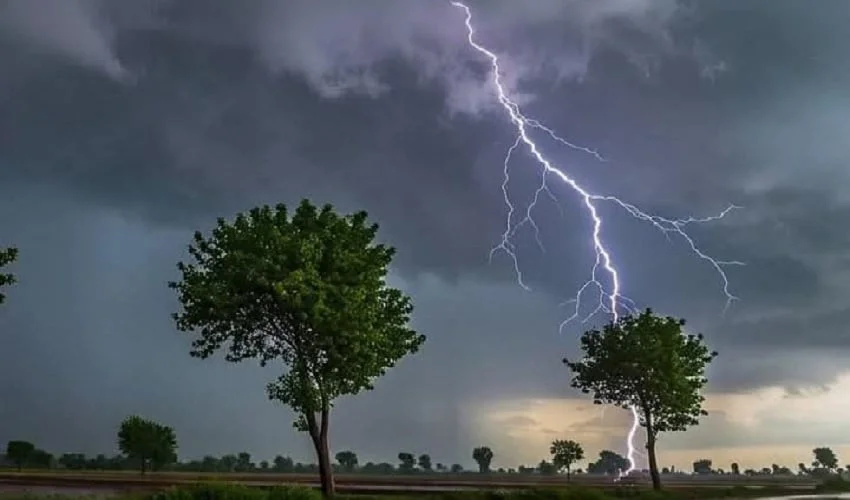Venezuela is sending 15,000 troops to its border with Colombia in a new push against drug trafficking. The announcement was made by Interior Minister Diosdado Cabello, who said the forces will be reinforced in Zulia and Táchira, two states that are known as major smuggling routes. He added that the deployment will include aircraft, drones, and river patrol units to monitor illegal activities.
Cabello said that Venezuela is serious about fighting drug cartels and pointed out that authorities have already seized 53 tonnes of drugs in 2025. He also called on Colombian officials to do more on their side of the border, stressing the need for cooperation to ensure peace along the frontier.
Also Read: Musk’s xAI sues Apple and OpenAI for monopoly, seeks billions
At the same time, the United States is expanding its own anti-cartel mission in the Caribbean. According to reports, the USS Lake Erie, a guided missile cruiser, and the USS Newport News, a nuclear-powered submarine, will soon arrive in the southern Caribbean. They will join an existing amphibious squadron that includes the USS San Antonio, USS Iwo Jima, and USS Fort Lauderdale. In total, about 4,500 US troops are part of this operation, including 2,200 Marines. The Pentagon says the goal is to disrupt Latin American drug cartels and their trafficking routes.
This military buildup comes as tensions between Washington and Caracas continue to rise. The US government accuses Venezuelan President Nicolás Maduro and top officials, including Cabello, of being linked to the Cartel de los Soles, which Washington has labeled a terrorist group. Recently, the US doubled the reward for Maduro’s capture to 50 million dollars and raised the bounty on Cabello to 25 million dollars.
Maduro denies the allegations and says the US is using the war on drugs as an excuse to push for regime change in Venezuela. In response, his government has been mobilizing militias across the country, saying they are ready to defend against foreign threats.
This standoff shows how the fight against drug trafficking is now tied to broader political and military tensions in the region. With both Venezuela and the US increasing their presence, the border and the Caribbean could see more confrontations in the coming weeks.





